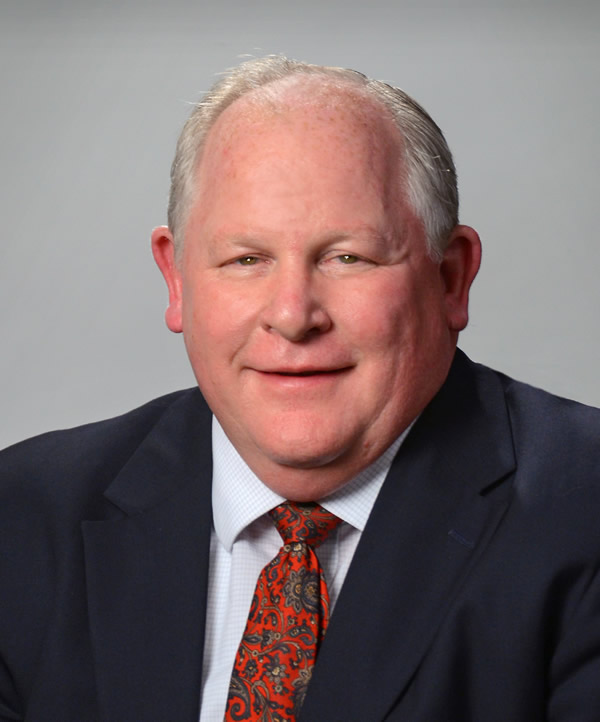2. An Ounce of Prevention is Worth a Pound of Cure
The entire purpose of FSMA is to shift the focus of food safety from reactive to proactive. Historically, the safest products to buy were those from companies with recent major recalls, as every process at the company is under a microscope for some time after such an unfortunate event. However, that’s really an unsafe way to play, and tells you more about what the United States didn’t have before, in terms of regulatory presence and capability. By shifting focus to prevention rather than detection after the fact, we engage the core tenet of HACCP in its most basic form. There are decades of data to demonstrate that prevention works, and the proliferation of HACCP-based systems in companies around the globe, even those that lie outside the food sector, shows it is a workable way of preventing issues.
1. Attitude Is Everything
There has been a very combative relationship between FDA regulators and industry in many sectors, with each feeling the other side is aggressive and unnecessarily difficult. I can say from personal experience that the FDA regulators I have met through our public PCQI workshops put their pants on one leg at a time. They are people too, and approaching a potentially hostile facility must be nerve-wracking. Treat them with respect, engage the golden rule and all interactions can be as amicable as possible (if not completely painless!). The FDA is doing their part to promote a more open system of communication by sending their inspectors to public PCQI classes, holding webinars and other training sessions, and introducing tools like the Technical Assistance Network to help individuals who have questions about the regulations. We must meet them halfway, give the benefit of the doubt and remember that you catch more flies with honey than with vinegar, after all!
Of course, we learned so much more than just these five things. The intricacies of the regulation, the ways that FDA will use their new authority, the plans for spreading the word to the smaller processors who don’t even know what FSMA is yet—these are all challenges for the new year, and we await them eagerly. We must continue to build on the foundation we have set and move forward in the New Year with a focus on prevention, objective evidence and education.






